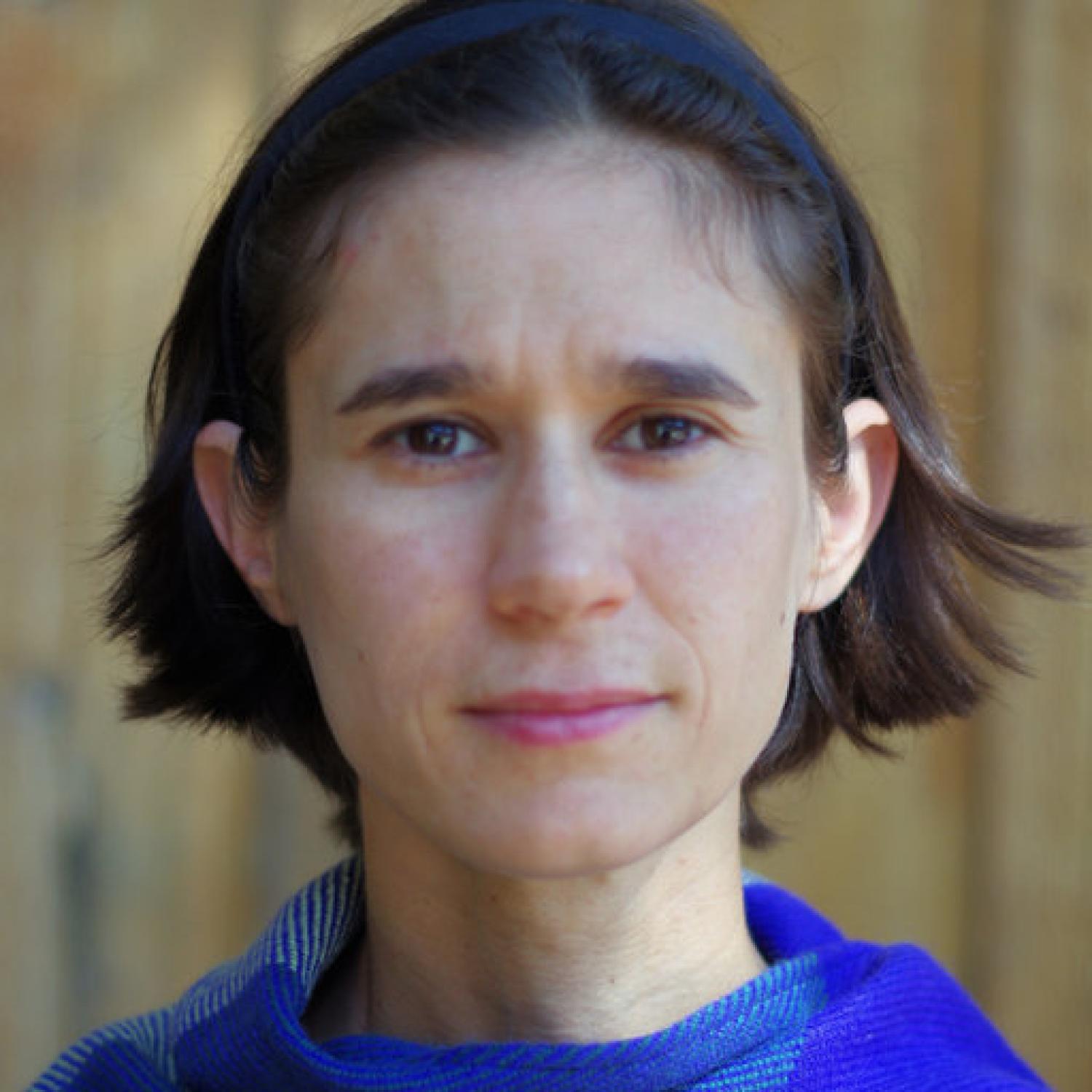Alana Wilson, PhD 2017
Alana Wilson: I completed my Ph.D. in Geography at CU Boulder in December 2017, having done hydrochemistry and cryosphere related research with Mark Williams and Noah Molotch, and with Jennifer Fluri supporting a social science component to my water work. The combination of cryosphere-related research and an increasingly long period of time living without owning a car (since 2004 and counting) meant I spent a lot of time thinking about transportation-related greenhouse gas emissions. Over the years in Boulder I lived in housing co-ops and used Colorado Carshare when needed. My personal passion shifted in the direction of sustainable transportation as one of our best collective opportunities for rapid reductions of GHG emissions. So, after graduating I approached a group I had gotten to know well over the years - campus staff working on transportation – and asked for a job. They graciously funded me as a post-doc in the Program in Environmental Design (ENVD) working on sustainable campus transportation. My efforts included teaching planning studios and supporting transportation and facilities staff with two successful grant applications to fund CU’s first four electric Buff Buses, which you should be seeing soon!!
Through campus-based work I connected with transportation researchers at the National Renewable Energy Laboratory (NREL) in Golden, CO, a national laboratory of the U.S. Department of Energy. I joined the lab as a post-doc in December 2018 and have stayed on as a researcher. NREL is best known for wind and solar research and development, but there is an increasingly large group working on many aspects of transportation – from the chemistry of batteries to behavioral science. While the shift from physical geography to transportation research may seem like a big leap, being a geographer was very strategic for me. I have been able to apply the same skills – research design, quantitative analysis, and managing research projects - to different subject areas.
At NREL, I work with social scientists and engineers to provide geospatial and statistical analyses, with particular attention to energy efficient transportation modes such as transit, bikes, e-bikes, e-scooters, and cargo bikes. My team also provides analysis support to the national network of Clean Cities Coalitions. We also work a bit behind the scenes supporting a variety of external partners on sustainable and equitable mobility shifts. A few current ones include the Los Angeles Department of Water and Power (the largest municipal utility in the U.S. and aiming to be carbon-free by 2035) and the New York State Energy Research and Development Authority (which is currently implementing an $85 million Clean Transportation Prize Program). I love that geography enabled me to be nimble in seizing these opportunities and prepared me well for an interdisciplinary research career.


